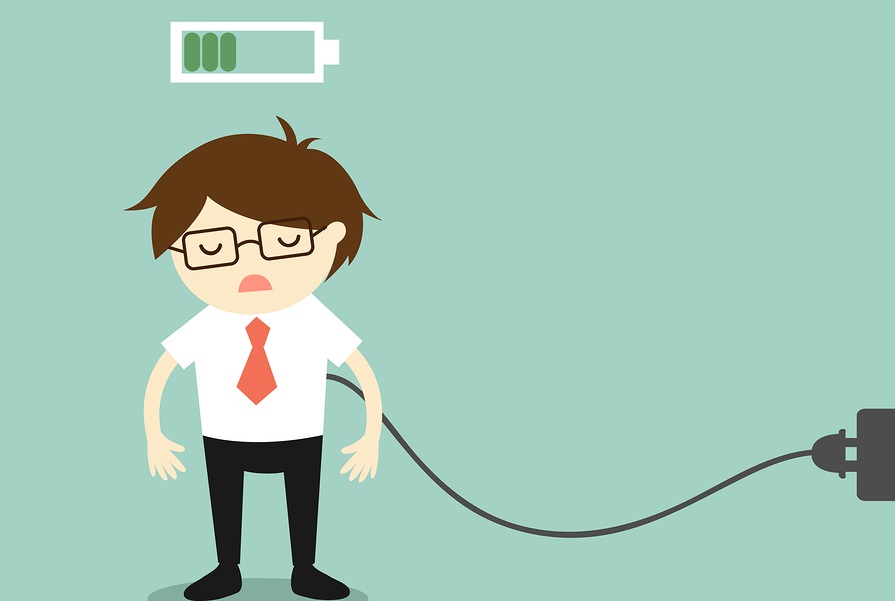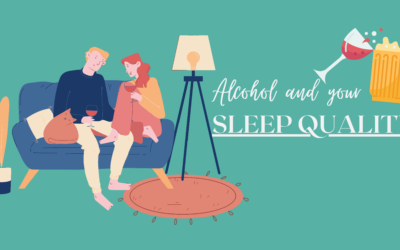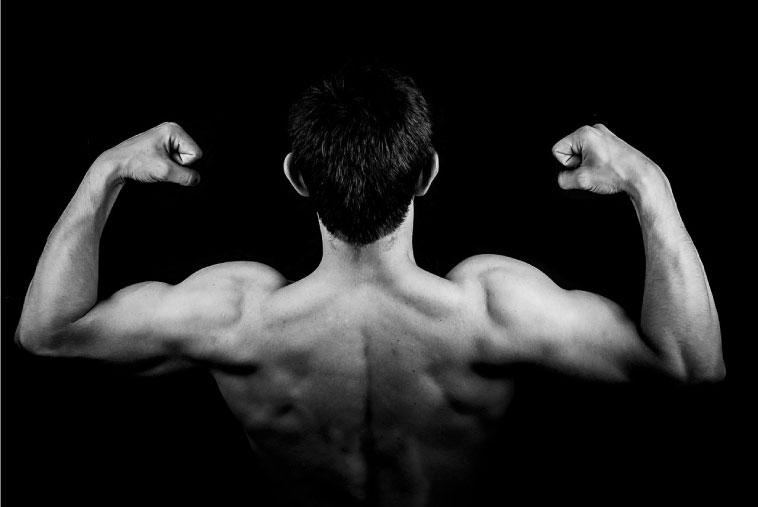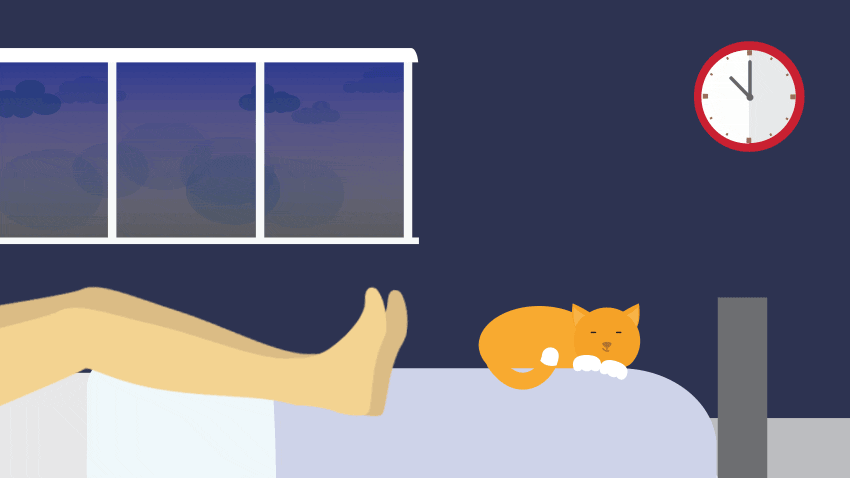Why Do We Sleep?
Have you heard of the theory of natural selection? The famous theorist was Darwin that said nature has a way of weeding out the animals that don’t adapt to their environment. For example, if an animal’s skin color is dark than they probably won’t blend in well in the desert sand. They would need to find cover from predators in a place that they blend in and aren’t obvious to the eye.
Theory #1
The following two theories are more along the lines of survival. The first is known as the Inactivity Theory. Do you remember the game you played as a kid (or maybe with your kids now), hide and seek? One of the more common strategies is to find a place to hide and then you sit absolutely still and you don’t make a sound. That’s the inactivity theory. We sleep because it allows us to be still and not make ourselves vulnerable to predators. For the snorers and those with sleep apnea, it’s a good thing you were born in the modern era of bedrooms and walls that keep you safe.
Theory #2
Last, but not least… The Energy Conservation Theory. This one is pretty straight forward. We are sure athletes could relate to this one. When you know that you are about to use a lot of energy or that you’ll need a lot of energy, you conserve and pace the use of it. The same is true in the evolutionary sense. When we were hunters and gatherers it took a lot of energy just to live day-to-day. Sleep allowed us to conserve that energy for the hours of the day when it was safe to hunt and not become prey to a potential predator.
As you can imagine these theories don’t hold a lot of value in the modern era. They are theories, not scientific fact. As we adapt to the new world so does our body and so does the science that we use to understand it.
If you or someone you know is experiencing signs and symptoms of obstructive sleep apnea, consult a sleep professional at once. Undiagnosed and untreated sleep apnea can lead to a host of health concerns. Don’t worry, CPAP is not the only therapy option. Contact us to learn more about oral appliance therapy today.



